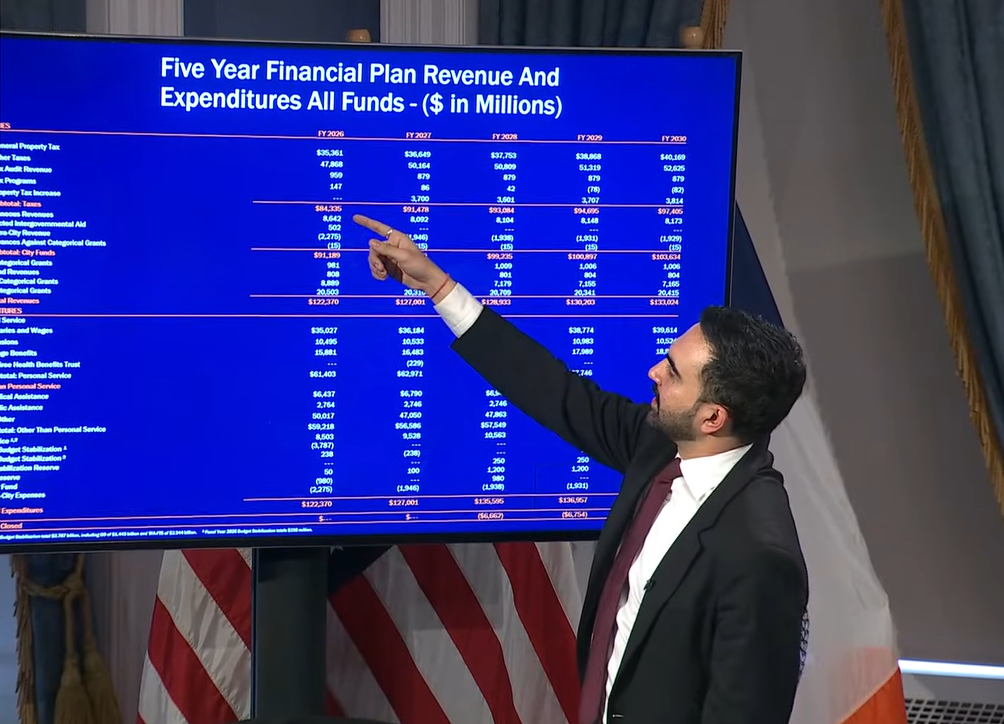A couple of years ago, a reader told me that he was very perplexed. He was trying to prepare his daughter’s tax return, but was coming up with a huge tax bill. Why?
His dependent daughter had won about $19,000 worth of money and prizes in a beauty contest. The software was taxing her winnings at his highest tax rate. Huh?
Well, as you know, since this is not dividend or interest, this kind of income must be reported on the child’s own tax return. Along with her return, you must file Form 8615 to pay tax on all unearned income. This form doesn’t apply if the child just was wages or self-employment income.
Normally, you or I might think of unearned income as investment income. The question is, what does the IRS think is unearned income? Read the instructions to Form 8615. (Do you have smelling salts handy?)
“For Form 8615, “unearned income” includes all taxable income other than earned income as defined later. (bullets and highlights are mine):
Unearned income includes (stuff we always knew about)
- taxable interest,
- ordinary dividends,
- capital gains (including capital gain distributions),
- rents, royalties, etc.
It also includes (and here’s where we go into shock!)
- taxable social security benefits,
- pension and annuity income,
- taxable scholarship and fellowship grants not reported on Form W-2,
- unemployment compensation,
- alimony, and
- income (other than earned income) received as the beneficiary of a trust.”
Essentially, ‘all income’ includes lottery or gambling winnings (if applicable), prizes, and absolutely anything else that is taxable to a taxpayer, regardless of age.
Did you know that second group of income sources was taxed at the parents’ highest tax rate? I hope your software has known it all these years. If not, are you going to look back at the last three years and amend? Or wait for the IRS to catch what is, obviously, an innocent error?
——————–
Eva Rosenberg, EA is the publisher of TaxMama.com ®, where your tax questions are answered. Eva is the author of several books and ebooks, including Small Business Taxes Made Easy. Eva teaches a tax pro course at IRSExams.com and tax courses to help you deal with tax debt http://www.cpelink.com/teamtaxmama .
Thanks for reading CPA Practice Advisor!
Subscribe Already registered? Log In
Need more information? Read the FAQs
Tags: Income Taxes



